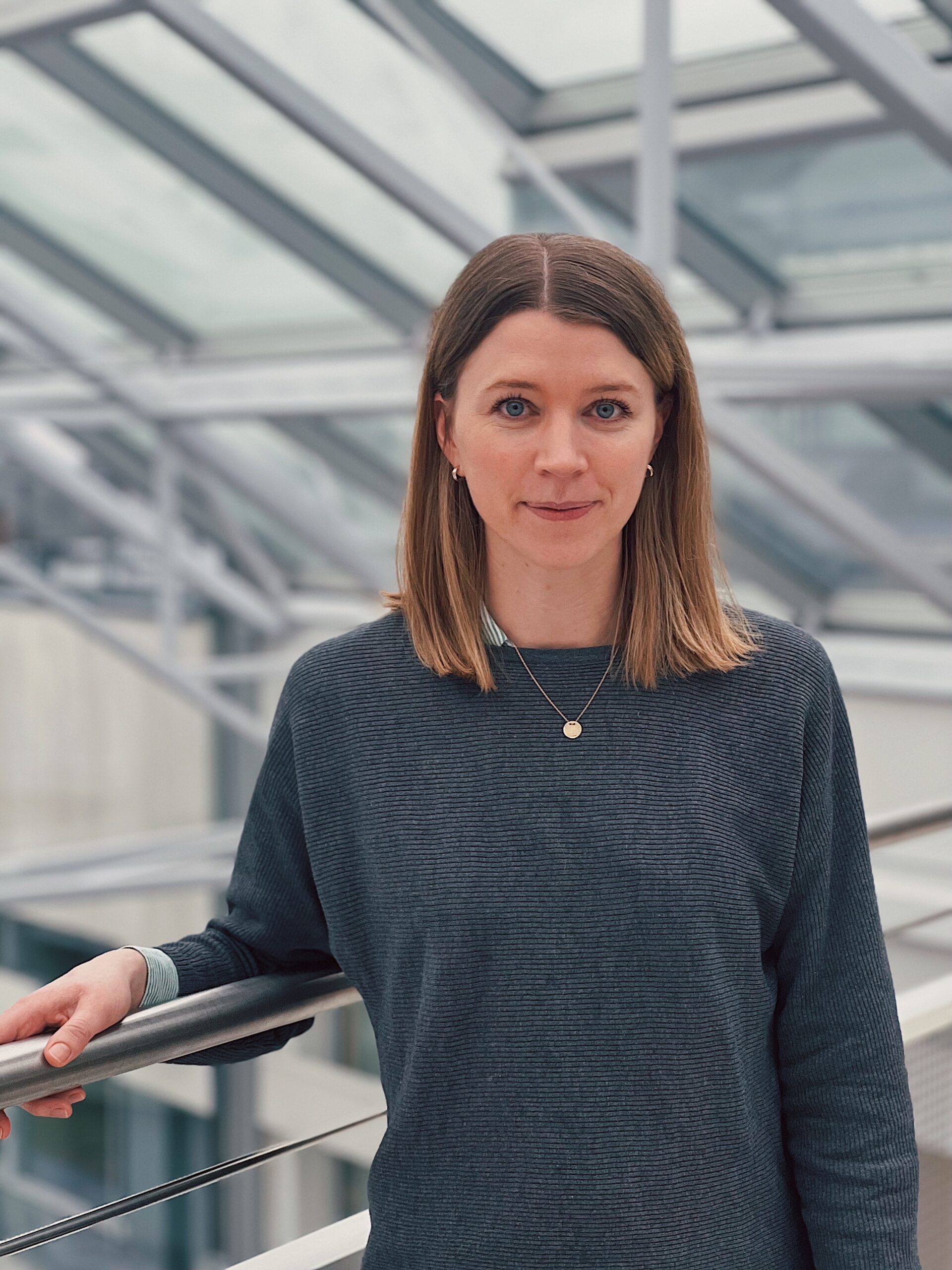
About
VP Machine Learning at Völur
Rebecca is VP Machine Learning at Völur – a tech company that is enabling a more optimised and sustainable meat industry by combining deep industry knowledge with data and AI. Throughout her career, Rebecca has acquired a deep expertise in data science, machine learning, and engineering from various industries. Recently, Rebecca has been named one of Norway’s 50 leading women in tech for 2023. Rebecca has a master’s degree in modelling and data analysis from the University of Oslo.
Abstract
The meat value chain is very complex due to the numerous cutting and processing combinations for each carcass, making optimal decisions on the production floor challenging. This leads to ineffective production, overstocking of materials, and food waste. Today the meat industry solves this problem with Excel sheets and know-how based on written and unwritten rules and simple calculations. To utilze AI technology in a specialized and complex industry powerful algorithms, data and computation power is not enough. One also needs deep industry knowledge.
Völur has used domain knowledge to develop AI technology, which makes it possible to use data to improve sorting, cutting, processing planning, and scheduling.In this session, we will discover the importance of deep domain knowledge and how it, when combined with AI technology, can help handle the complexity of the meat industry and optimize both cutting and processing based on market demand, making the industry more optimized and sustainable.
Q & A with Rebecca Wiborg Seyfarth
1. What is your full name and title?
Rebecca Wiborg Seyfarth, VP Machine Learning, Völur
2. What is your occupation?
VP Machine Learning at Völur
3. Tell us about your first encounter with artificial intelligence (AI)?
I came into the field of AI through statistics. At my first job in a consulting company that worked with insurance, we used machine learning such as to predict employee attrition and analyze salary trends.
4. What is your competence within the field of AI?
With a background in statistics and mathematics, I have devoted most of my career to working with machine learning. Before joining Völur, I spent five years at Cognite, where I worked as a Data Scientist, Machine Learning Engineer, Tech lead, and engineering manager. Now I work with data and AI as VP Machine Learning at Völur.
5. Why did you develop an interest in AI?
I’ve always been fond of numbers, and when I started university, I discovered my love for statistics. It was fascinating to see how the math I had learned could be used as building blocks for learning about and creating models and algorithms that could solve real-world issues, like enhancing cancer treatment. Back when I was a student, the term “data science” was still relatively new, and it was not until I started working, I got to learn more about data science and AI. It was rewarding to see that what I had studied at university could be used in various industries in practice.
6. Can you recommend a relevant book or film about AI?
The Signal and the Noise by Nate Silver
7. Why should we, or should we not, be afraid of AI?
As we witness the evolution of AI over the past decade, predicting its future changes becomes challenging. It is important that we find the balance between taking advantage of the enormous potential that lies within AI while take into the account legal and ethical considerations.
8. Which field, in your opinion, has the most to benefit from AI – and why?
Throughout my career, I have worked with various industrial companies and observed how they increasingly utilize data and AI to enhance their operations. Industrial processes are often complex, thus standard data science techniques may not be sufficient. The benefits of AI vary among different fields, and to create effective products and solutions, it is crucial to possess a deep understanding of the industry and tailor AI solutions accordingly.
9. How should the use of AI develop in the future?
AI will be instrumental in tackling the climate change challenges. It is important that we use the enormous potential that lies within AI to create a more sustainable future.
10. Why should participants tune in on your presentation during AI+?
- I’ll be talking about how we at Völur are utilizing data and AI to create a more sustainable and optimized meat industry.
- AI models for meat optimization processes are still quite new in the meat industry – we are doing something that has not been done before.
- How AI solutions like ours can help optimize the entire meat value chain, making the industry more optimized and reducing waste
- A practical example from the industry
- How to create tailored AI solutions that tackle specific needs and challenges of the industry.
